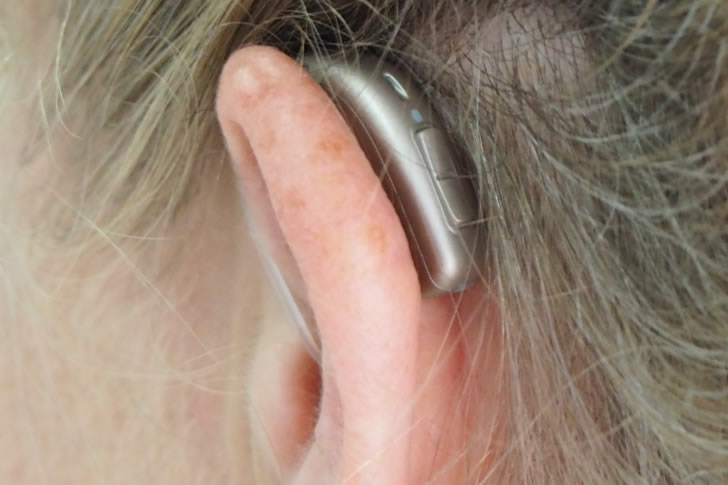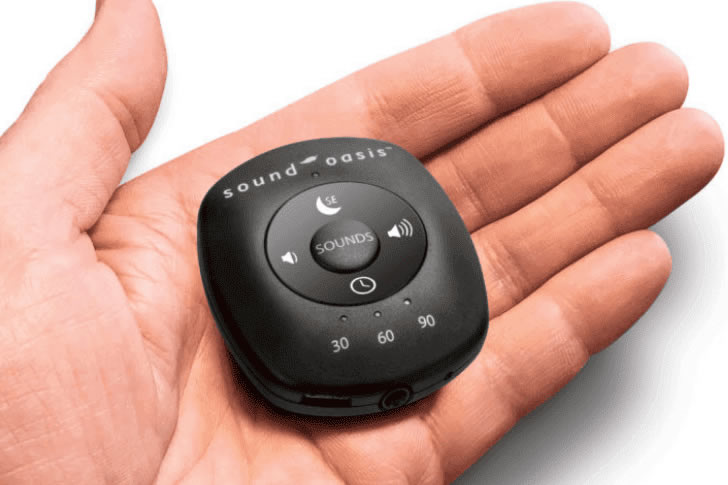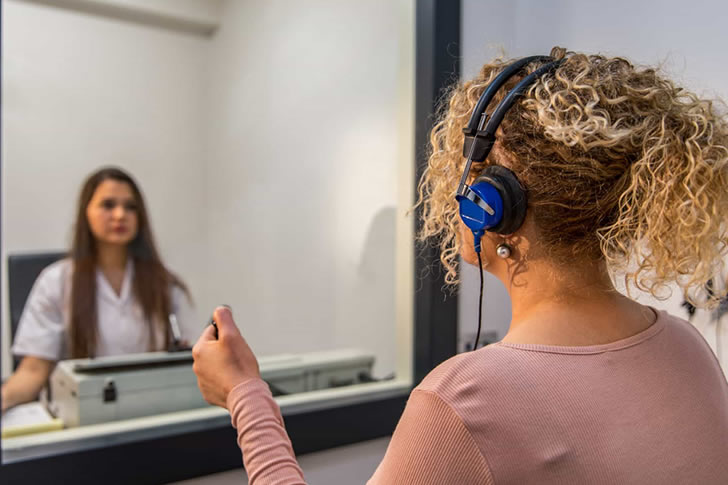Get Back the Silence You Miss: 2024 Trusted Tinnitus Treatment
Tinnitus is a condition characterized by the perception of noise or ringing in the ears when no external sound is present. It can significantly impact a person’s quality of life, causing stress, sleep disturbances, and difficulties concentrating. We’ve carried out detailed research to provide you with comprehensive information on understanding, relieving, and treating tinnitus effectively.

What is Tinnitus?
Tinnitus is often described as a ringing in the ears, but it can also sound like buzzing, hissing, whistling, swooshing. The noise can be intermittent or continuous and can vary in loudness. Here are some common manifestations of tinnitus:
- Ringing: A high-pitched sound heard in one or both ears.
- Buzzing: A low, vibrating sound that can be quite persistent.
- Hissing: A continuous noise similar to a steam release.
- Whistling: A sharp, high-pitched sound that may come and go.
Causes of Tinnitus
Hearing Loss
One of the common causes of tinnitus is hearing loss. As people age, they may lose the tiny hair cells in their inner ears, leading to tinnitus. Exposure to loud noises can also damage these hair cells, causing hearing loss and tinnitus.
Ear Infections and Ear Canal Blockages
Ear infections, as well as blockages in the ear canal from a buildup of earwax, dirt, or foreign objects, can cause tinnitus. These blockages can alter the pressure in your ear, causing tinnitus symptoms.
Head and Neck Injuries
Injuries to the head or neck can affect the inner ear, hearing nerves, or brain function linked to hearing. Such injuries generally cause tinnitus in only one ear.
Medications
Certain medications are known to cause or worsen tinnitus. These include nonsteroidal anti-inflammatory drugs (NSAIDs), certain antibiotics, cancer drugs, water pills (diuretics), and antidepressants.
Other Health Conditions
Various health conditions can lead to tinnitus, including Meniere’s disease, eustachian tube dysfunction, and muscle spasms in the inner ear. High blood pressure and factors that increase blood pressure, such as stress, alcohol, and caffeine, can also exacerbate tinnitus.
How to Quickly Relieve Tinnitus
Here are five methods to quickly alleviate tinnitus symptoms:
- Sound Therapy: Use background noise, like white noise machines, fans, or soft music, to mask tinnitus sounds.
- Relaxation Techniques: Stress can worsen tinnitus. Practices such as yoga, meditation, and deep breathing can help reduce stress.
- Hearing Aids: For those with hearing loss, hearing aids can amplify external sounds, making tinnitus less noticeable.
- Cognitive Behavioral Therapy (CBT): This type of therapy helps change the way you think about and react to tinnitus, making it less bothersome.
- Avoid Loud Noises: Protect your ears from loud sounds by using earplugs or noise-canceling headphones in noisy environments.
Tinnitus Treatment Methods and Costs
Treating tinnitus involves various methods, and the costs can vary. Some of the common treatments include:
- Sound Therapy Devices: These devices can range from $50 to $500. They work by producing background noise to mask the tinnitus sounds.
- Hearing Aids: Costing between $1,000 and $4,000, hearing aids can help those with hearing loss by amplifying external sounds.
- Tinnitus Retraining Therapy (TRT): TRT combines sound therapy and counseling and can cost between $2,000 and $5,000.
- Cognitive Behavioral Therapy (CBT): CBT sessions can cost between $100 and $300 per session, depending on the therapist and location.
- Medications: Antidepressants and anti-anxiety medications can be prescribed to help manage tinnitus, with costs varying based on the medication and insurance coverage.
Tinnitus Statistics and Treatment Centers in the U.S.
| Region | Number of Patients | Representative Hospital/Clinic | Specialty Treatment Method |
|---|---|---|---|
| New York, NY | 1,500,000 | NYU Langone Health | Cognitive Behavioral Therapy (CBT) |
| Los Angeles, CA | 1,200,000 | UCLA Health | Tinnitus Retraining Therapy (TRT) |
| Chicago, IL | 800,000 | Northwestern Medicine | Hearing Aids |
| Houston, TX | 700,000 | Houston Methodist Hospital | Sound Therapy Devices |
| Phoenix, AZ | 600,000 | Mayo Clinic | Customized Sound Therapy |
| Philadelphia, PA | 500,000 | Penn Medicine | Cognitive Behavioral Therapy (CBT) |
| San Antonio, TX | 400,000 | University Health System | Tinnitus Retraining Therapy (TRT) |
| San Diego, CA | 350,000 | UC San Diego Health | Hearing Aids |
| Dallas, TX | 300,000 | UT Southwestern Medical Center | Medication Management |
| San Jose, CA | 250,000 | Stanford Health Care | Cognitive Behavioral Therapy (CBT) |
How Seniors Can Find Cheap and Effective Tinnitus Treatment
Seniors can explore several avenues to find effective tinnitus treatments that are also cost-effective. Here are some tips:
- Community Health Centers: Many offer sliding scale fees based on income, making treatment much cheaper.
- Medical Insurance Plans: Utilize your medical plan to cover part of the costs for treatments like hearing aids or therapy sessions.
- Nonprofit Organizations: Some organizations provide financial assistance or offer free resources for managing tinnitus.
- University Clinics: Check with local universities that have audiology or psychology programs; they often provide lower-cost services as part of their training programs.
Q&A: Understanding Tinnitus
Q: Is tinnitus a disease?
A: No, tinnitus is not a disease. It is a symptom that can result from various underlying causes, including ear infections, hearing loss, and other health conditions.
Q: Can tinnitus be cured?
A: There is currently no cure for tinnitus, but various treatments can help manage the symptoms and reduce their impact on daily life.
Q: Does tinnitus always require medical treatment?
A: Not necessarily. For some people, tinnitus is mild and does not require treatment. However, if it significantly affects your quality of life, you should seek professional help.
Q: Can lifestyle changes help with tinnitus?
A: Yes, certain lifestyle changes such as reducing stress, avoiding loud noises, and following a healthy diet can help manage tinnitus symptoms.
Q: Are there any risks associated with tinnitus treatments?
A: As with any treatment, there can be risks and side effects. It’s important to discuss potential risks with your healthcare provider before starting any new treatment.
Conclusion
Understanding tinnitus and exploring the various treatment options available can help you regain the silence you miss. Whether it’s through sound therapy, cognitive behavioral therapy, or hearing aids, effective treatments are within your reach. By staying informed and seeking the right care, you can manage your tinnitus symptoms and improve your quality of life.
References:
- https://www.nidcd.nih.gov/health/tinnitus
- https://www.audiology.org/publications/guidelines-and-standards/tinnitus-treatment-guidelines
- https://www.ata.org/understanding-facts/what-tinnitus












Recent Comments